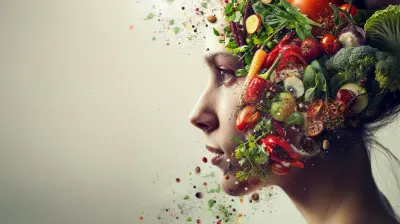The Psychology Behind Social Media and Its Impact on Self-Esteem
11 September 2025
Let’s be real — social media has become a huge part of our everyday lives. Whether you're posting selfies, scrolling through Instagram, checking likes, or watching TikTok videos until 2 a.m. (oops, guilty), it’s everywhere. But have you ever sat down and thought about how all of this scrolling is messing with your head? Particularly, how it affects how you see yourself?
Today, we're diving deep into the psychology behind social media and its impact on self-esteem. And yeah, it’s a pretty big deal. Let’s break it down in a way that actually makes sense — no boring jargon, I promise.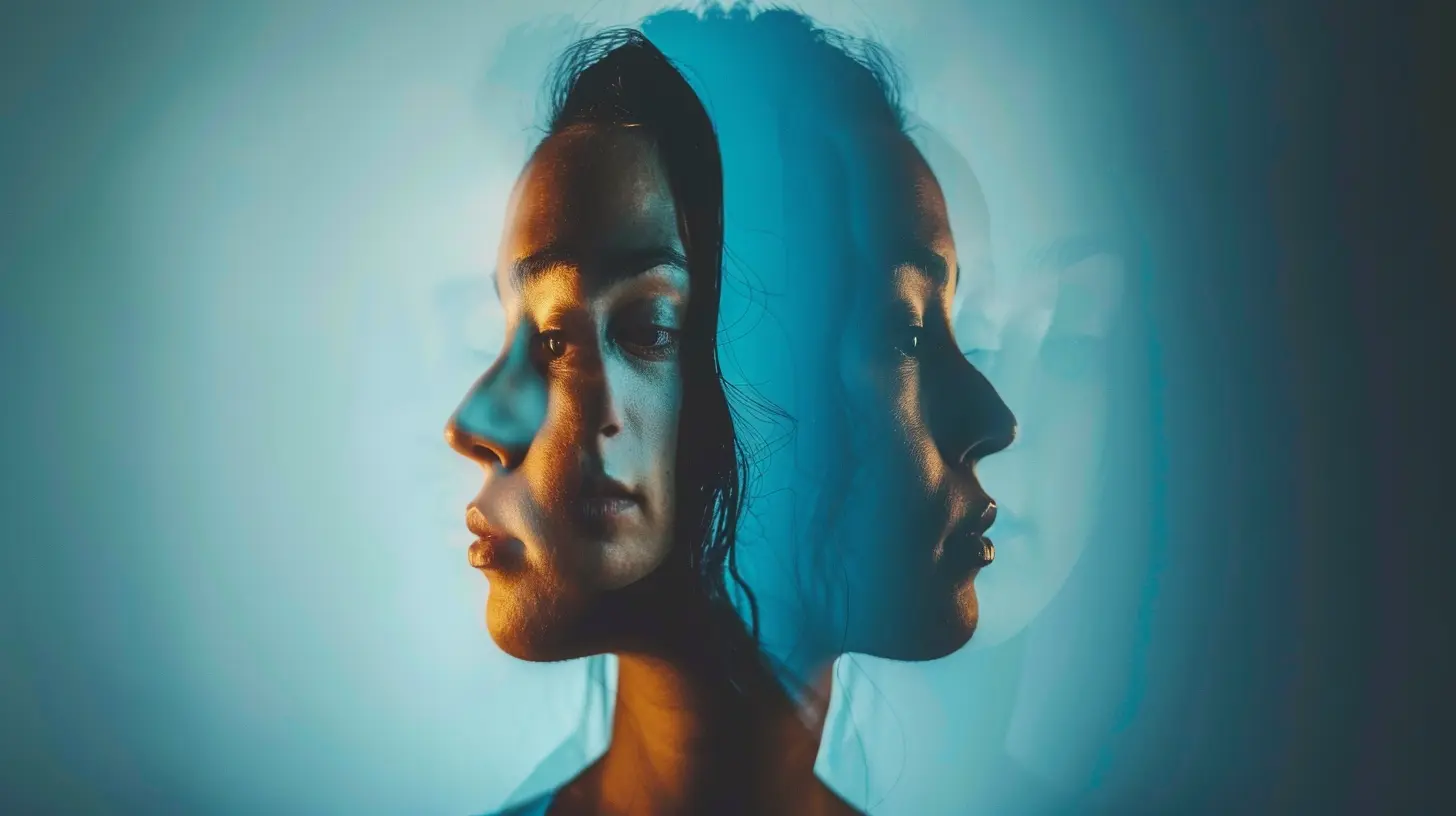
What Exactly Is Self-Esteem?
Before we talk about how social media affects self-esteem, let’s make sure we’re on the same page about what self-esteem actually is.Self-esteem is the way you feel about yourself — how much you value, respect, and accept who you are. It’s like your internal cheerleader (or critic). High self-esteem feels like, “I got this,” while low self-esteem feels more like, “I’m not good enough.”
And here’s the thing: self-esteem isn’t fixed. It can go up and down based on different life experiences — including how much time you spend on social media.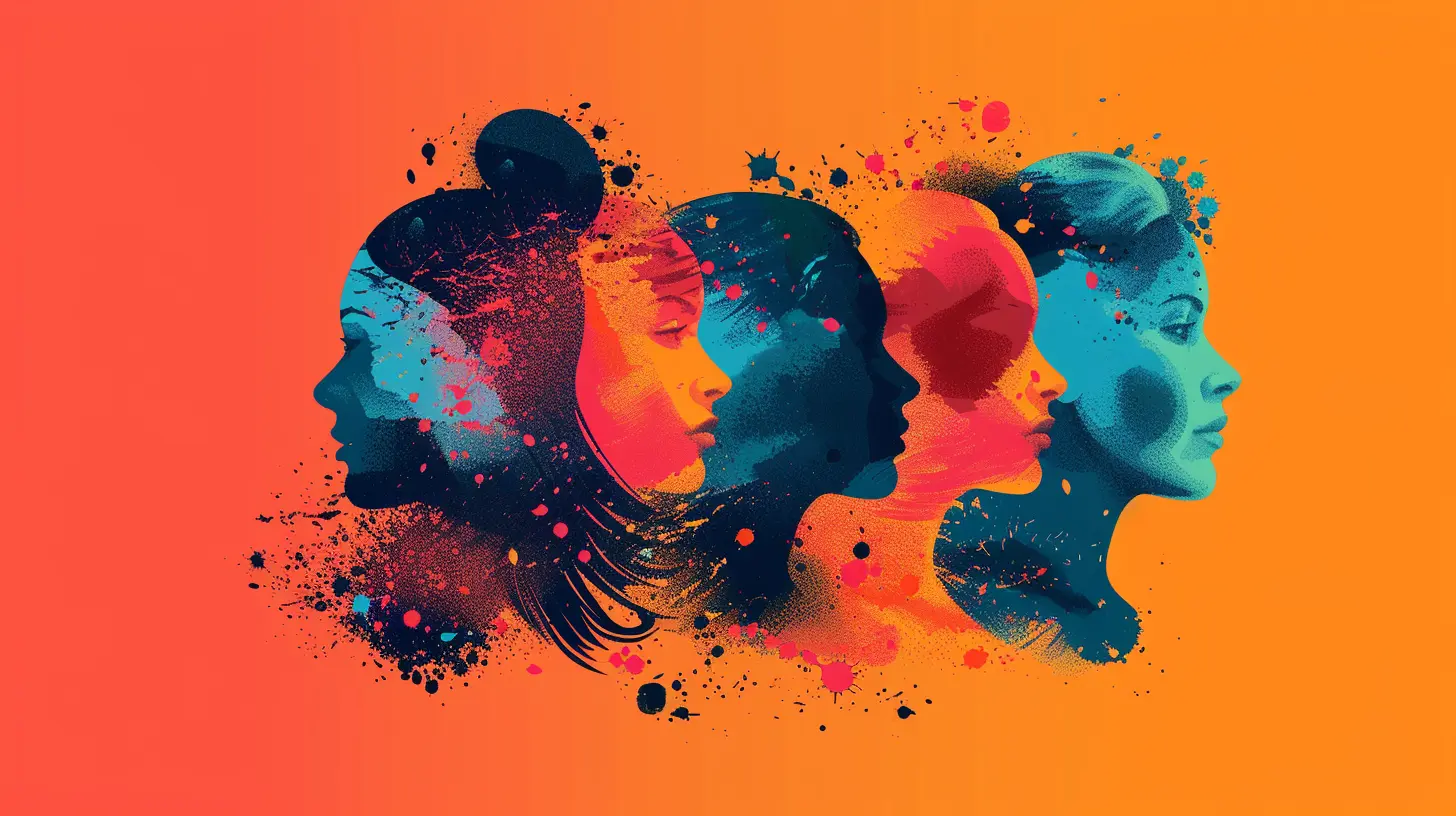
Social Media: A Blessing or a Curse?
Social media isn't all bad. Let's give credit where it's due. It connects us with friends, helps us discover new trends, gives us platforms to share our voices, and can even boost confidence when used positively.But the flip side? It can also lead to comparison, envy, and a distorted sense of self-worth. That’s where things get tricky.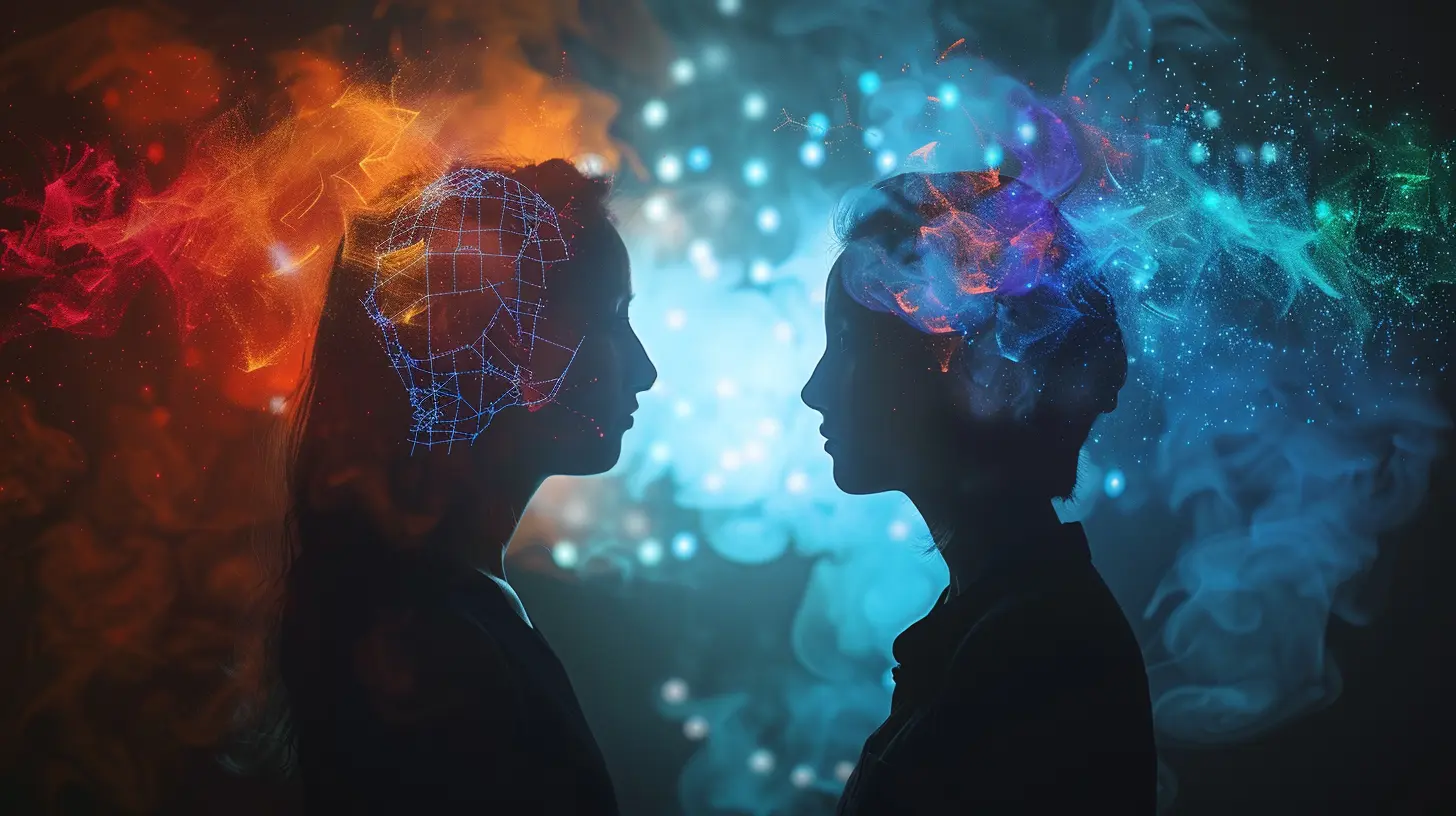
The Comparison Trap: The Thief of Joy
Ever heard the phrase, “Comparison is the thief of joy”? Yeah, that hits differently when you're scrolling through someone’s perfect vacation pics or their ‘I woke up like this’ glowing selfies.Social media is like a highlight reel. People post their best moments — filtered, edited, and curated. We don’t often see the messy, raw parts of their lives. But we compare our behind-the-scenes to their greatest hits. Not exactly fair, right?
And when you’re constantly comparing yourself to seemingly perfect people, it chips away at your self-esteem. You start thinking, “Why isn’t my skin that clear?” or “Why can’t I have a relationship like that?” Boom. Self-worth takes a hit.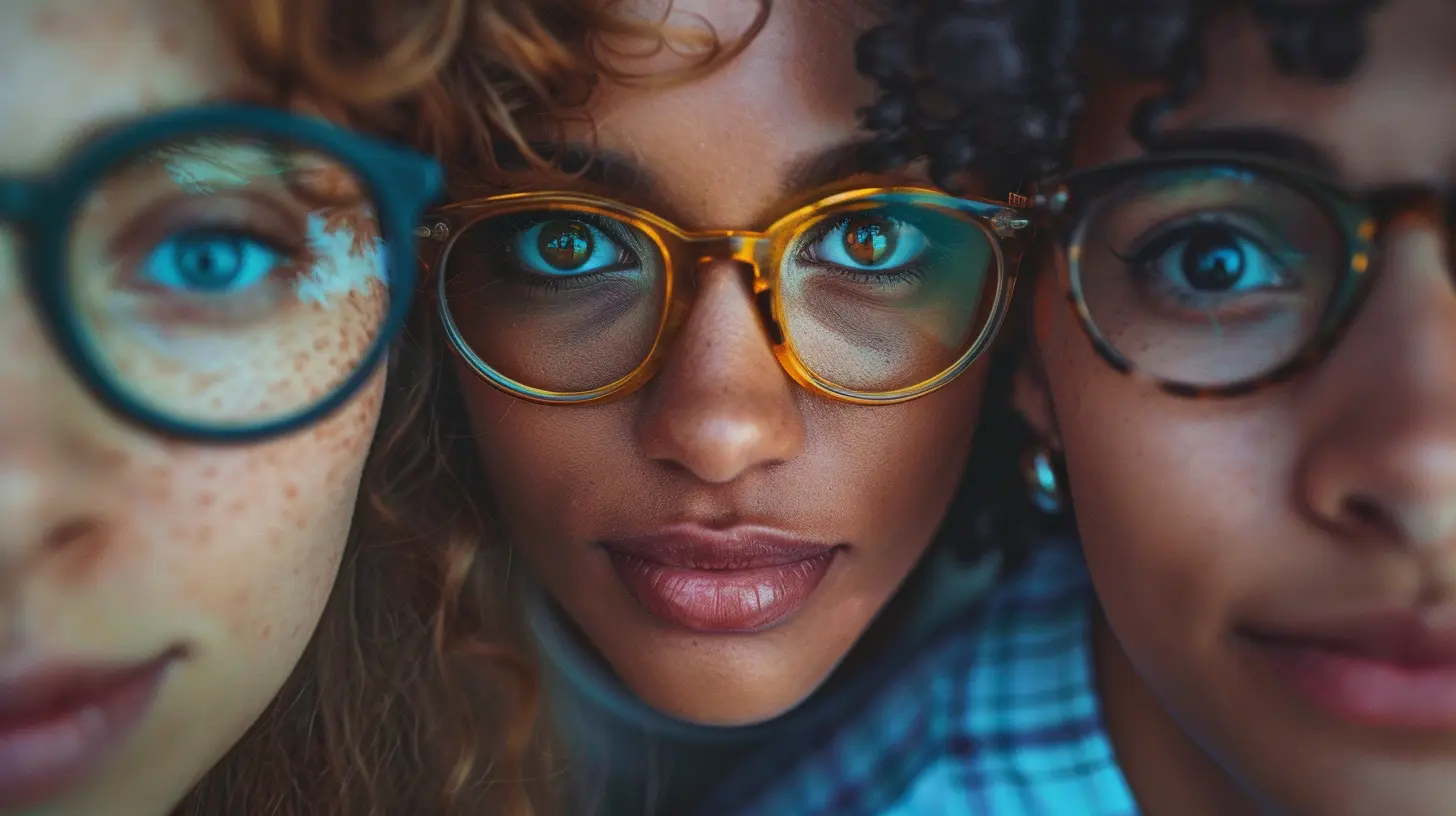
The Psychology of Validation: Chasing Likes
Let’s talk about validation — a basic human need. We all want to feel appreciated and accepted. But social media has transformed that need into a numbers game.Likes, comments, shares — these have become modern-day tokens of approval. And guess what? Our brains actually get a hit of dopamine (the feel-good chemical) when we get a notification. It’s like a mini high.
But it’s also addictive. When your self-worth starts depending on how many double-taps your photo gets, it becomes a slippery slope. No likes? Now you’re questioning your looks, your content, your worth. It’s like tying your value to a slot machine.
Filters and Facades: The Rise of Unrealistic Standards
Remember when filters were just for goofy dog ears? Now, they can smooth your skin, change your eye color, plump your lips — basically, make you look like someone else entirely. And while they’re fun, they also mess with our idea of beauty.Constant exposure to these “perfect” faces can make you feel like you’ll never measure up, even to your own filtered image. That leads to body image issues, low self-esteem, and sometimes even body dysmorphia — especially among teens and young adults.
FOMO and the Feeling of Missing Out
We can't talk about social media and self-esteem without mentioning FOMO (Fear of Missing Out). Let's face it — seeing your friends hanging out without you, attending cool events, or traveling the world can sting.Even if you were fine five minutes ago, now you’re wondering why you weren’t invited or why your life isn’t as exciting. That sense of exclusion isn’t just irritating; it genuinely hurts. Repeated exposure can lower your self-esteem and make you feel like you're not good enough or not living life the "right" way.
Social Media and Teenagers: A Delicate Brain Under Pressure
Teens are especially vulnerable to the effects of social media. That’s because their brains are still developing, particularly the parts responsible for self-regulation and evaluating self-worth.Add social media into the mix — with its instant gratification, popularity metrics, and 24/7 access — and you’ve got a recipe for emotional turbulence. Teens may start tying their identity and self-worth solely to their online presence, which is not just unhealthy but also unsustainable.
The Echo Chamber Effect: Confirmation Bias and Negative Feedback Loops
Have you ever noticed that once you like certain types of content, your feed fills with more of the same? That’s the algorithm in action. Social media platforms show you content similar to what you’ve interacted with before.If you’re already struggling with low self-esteem and you start following accounts that promote unrealistic beauty standards or toxic perfectionism, the algorithm just keeps feeding those same messages back to you. This creates an echo chamber that reinforces negative beliefs about yourself.
The Role of Cyberbullying and Online Harassment
Unfortunately, not everyone on social media is there to spread love and positivity. Online bullying has become a serious issue, especially among younger users.Negative comments, cruel messages, or even trolling can seriously damage someone's self-esteem. Unlike face-to-face bullying, cyberbullying can happen anytime and follow you everywhere — even into the safety of your home.
Can Social Media Ever Be Good for Your Self-Esteem?
Absolutely! It’s not all gloom and doom. When used mindfully, social media can actually boost your self-esteem. Here’s how:- Support Communities: There are safe spaces online where people share their struggles and wins, and support each other with genuine compassion.
- Body Positivity Movements: Many influencers are now pushing back against unrealistic standards by showing unfiltered, real-life images.
- Creative Expression: Platforms can be a great place to share your art, thoughts, or personal growth, helping you feel more connected and confident.
It’s all about how you use it.
Tips to Protect Your Self-Esteem in the Age of Social Media
Let’s be proactive about it. Here are some practical, no-BS tips you can start using today:1. Curate Your Feed
Follow accounts that inspire, uplift, and make you feel good about yourself. If someone’s posts make you feel less than, it’s okay to unfollow or mute them. You’re in control.2. Limit Your Screen Time
Set daily limits, take social media breaks, or even try a digital detox. Mental clarity starts with boundaries.3. Avoid the Comparison Game
Remind yourself: everyone has struggles, even if they don’t show them online. No one’s life is as perfect as it seems on the 'Gram.4. Focus on Real-Life Connections
DMs are great, but nothing beats face-to-face conversations and real human interactions. Strengthen your offline relationships.5. Be Authentic
You don’t need to pretend you have it all together. Vulnerability is powerful — and relatable. Just be you.6. Use It with Intention, Not Out of Habit
Ask yourself: Why am I opening this app? Am I bored? Am I avoiding something? Self-awareness can go a long way.Final Thoughts
Social media isn’t inherently evil. It’s a tool — and like any tool, it depends on how you use it. It can connect, uplift, and empower. But it can also create unrealistic expectations, amplify insecurities, and damage self-esteem if we’re not careful.Understanding the psychology behind your scrolling habits is the first step in taking back control. You don’t have to quit cold turkey — just start being more mindful. Tune into how you feel when you use social media and take action from there.
So the next time you catch yourself spiraling down that rabbit hole of comparison, remember — it’s not real life, it’s just a curated feed. And you, my friend, are so much more than your likes.
all images in this post were generated using AI tools
Category:
Social PsychologyAuthor:

Jenna Richardson
Discussion
rate this article
1 comments
Cassidy Strickland
Love this! Exploring social media's impact on self-esteem is so important and fascinating!
September 22, 2025 at 3:13 AM

Jenna Richardson
Thank you! I'm glad you find the topic important—it's vital for understanding our mental health in the digital age.

